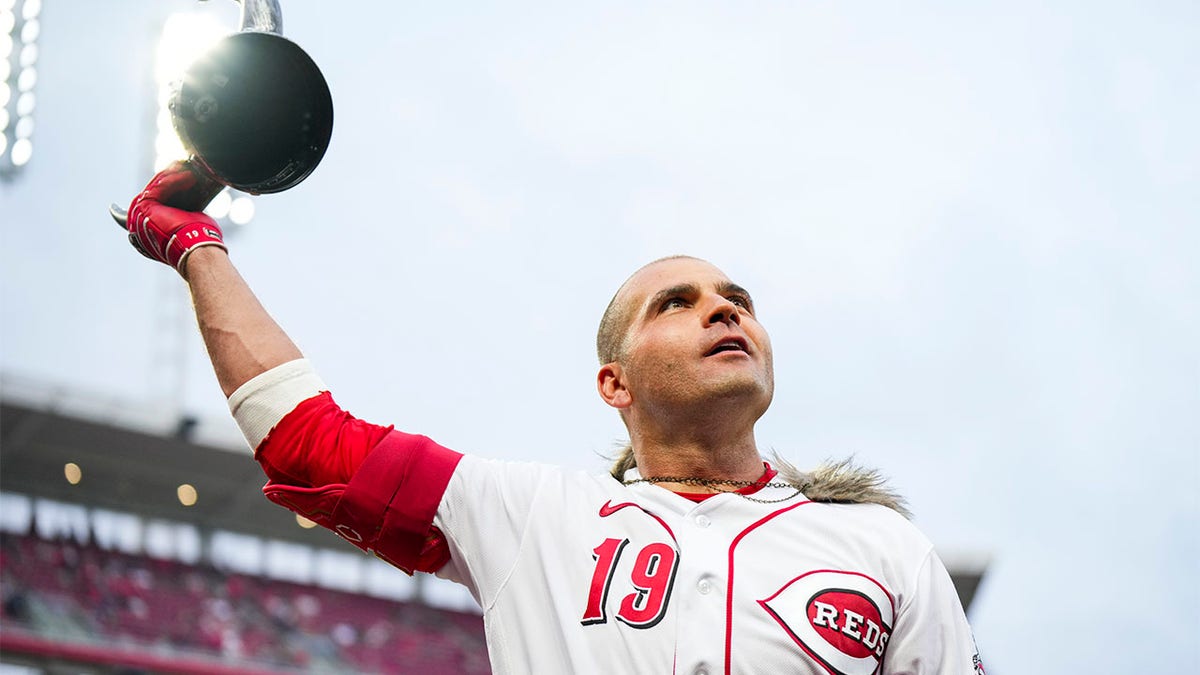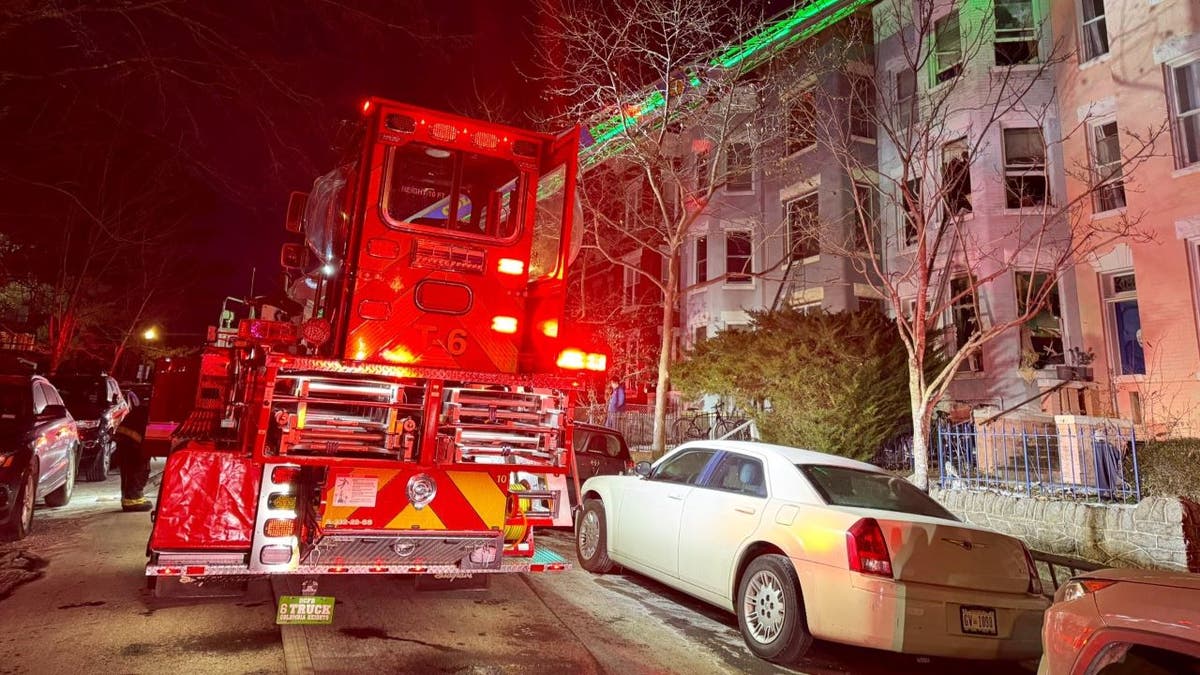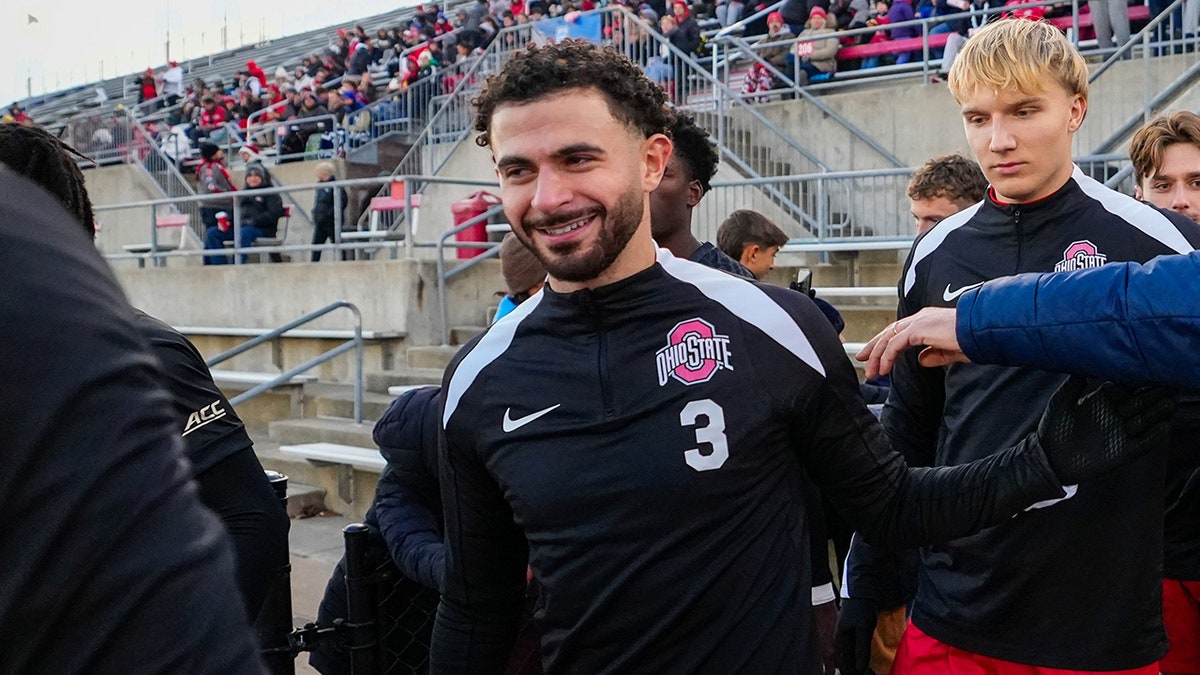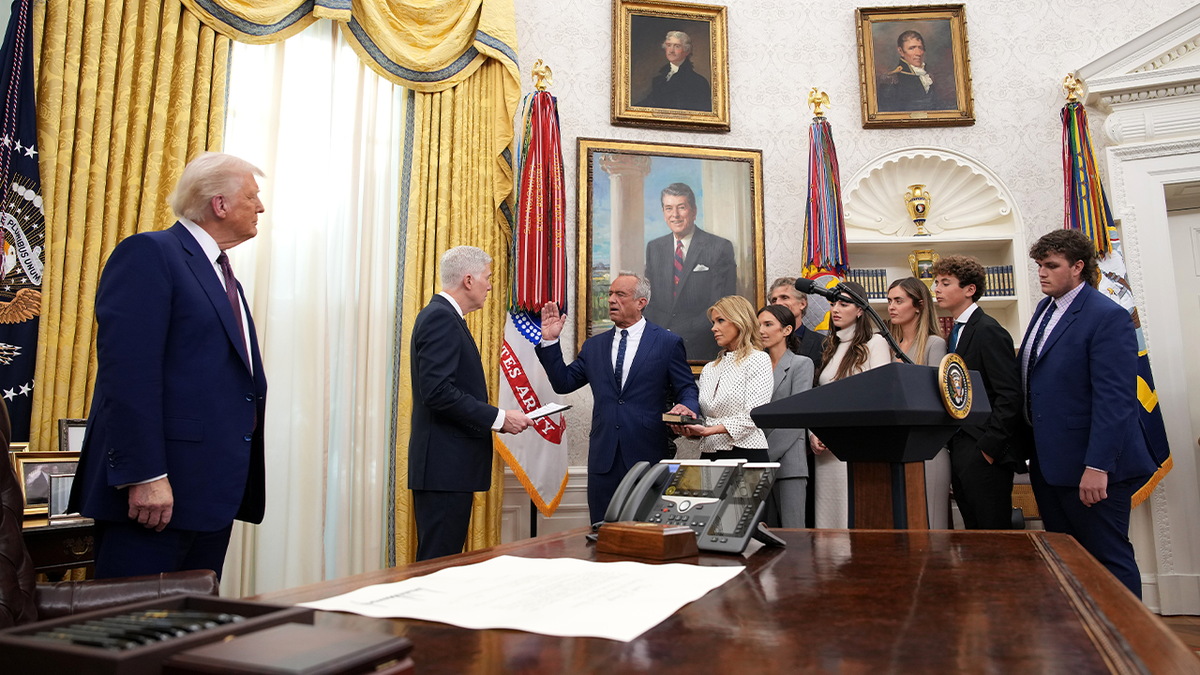Fourteen agonizing months have passed since Omri Miran, my brother-in-law, was captured by Hamas during the horrific attacks of October 7, 2023. He is one of over 100 individuals still held captive after Hamas abducted 251 people from Israel to Gaza. Our family, along with the families of the other hostages, has relentlessly advocated with governments and international bodies, yet our loved ones remain imprisoned.
The recent U.S. elections, resulting in a Republican-controlled presidency and Congress, have ignited discussions about their global impact. While many important issues are at stake, for us, the families of hostages, one question overshadows all others: How can this new political landscape finally bring our loved ones home?
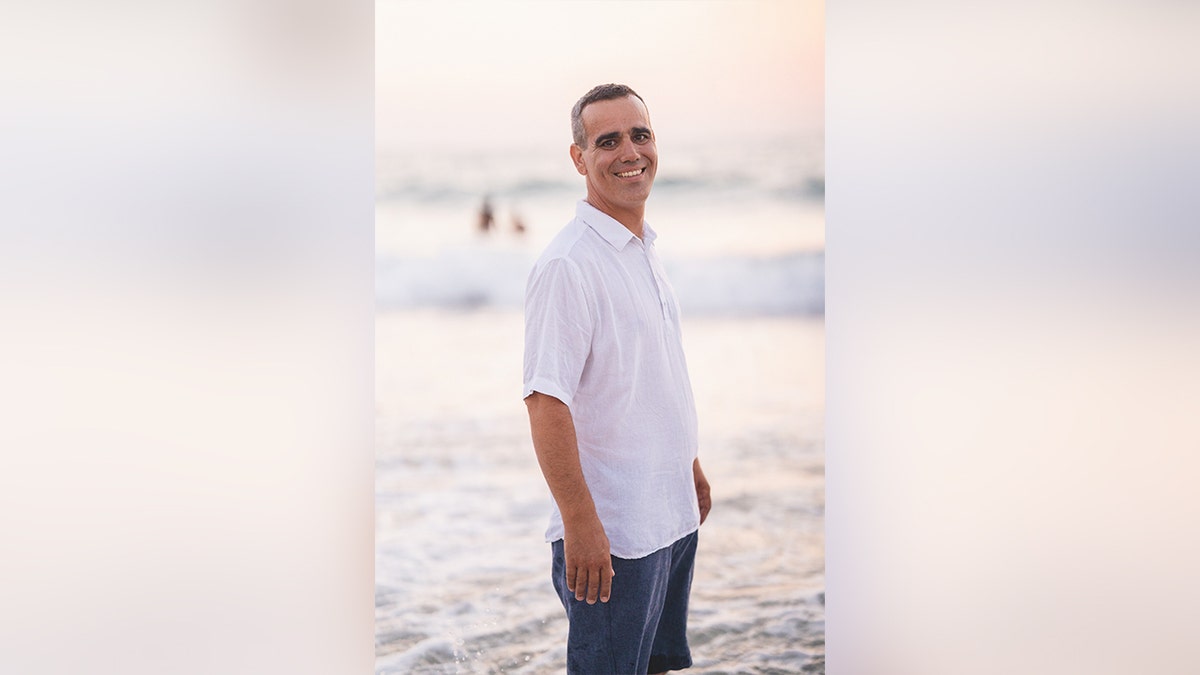
Hamas terrorists took Omri Miran hostage during the October 7, 2023 terror attacks in southern Israel. (The Hostages Families Forum)
Securing the hostages' release hinges on leverage. Israel needs sufficient security assurances to make concessions, Hamas and its backers must be pressured to negotiate, and the United States must guarantee a credible path forward. The Republican-led government may possess the necessary tools and influence to achieve this. Recent developments in the Cairo talks between Egypt and Hamas suggest a potential, albeit cautious, shift.
Israel prioritizes security guarantees. Its government insists that any ceasefire or hostage release agreement must ensure Hamas's removal from power in Gaza. This requires a strong international framework for implementation. Given his close relationship with Prime Minister Netanyahu, former President Trump may have the credibility to encourage Israeli compromises while assuring its leadership of continued American support for Hamas's disarmament, exclusion from Gaza's governance, and Israel's right to respond to any ceasefire violations. These assurances should be enshrined in a lasting U.S.-Israel defense agreement.
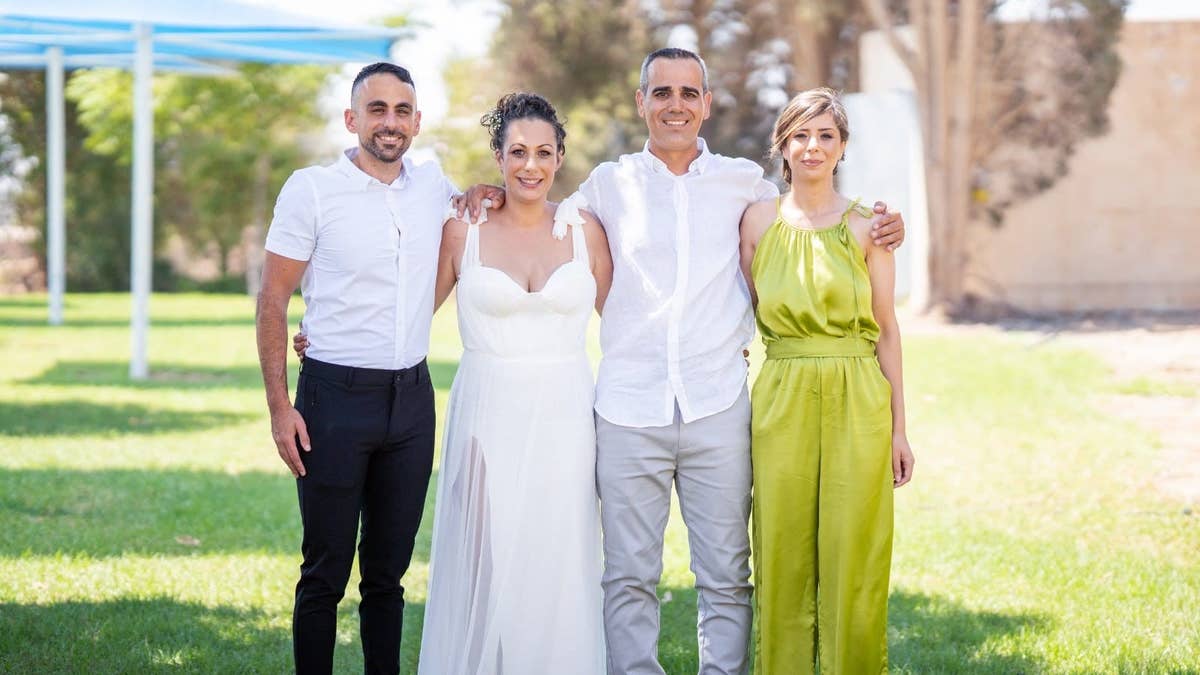
Omri pictured with family members from Left to Right his brother-in-law Moshe Emilio Lavi, his wife Lishay Lavi Miran, Omri, and his sister-in-law Michal Lavi. (The Hostages Families Forum)
Hamas operates with the support of Iran, Qatar, and Turkey. These nations wield significant influence over Hamas. While the Biden administration acknowledged these relationships, it struggled to leverage them effectively due to internal political divisions and the timing of the election year.
… the Trump administration’s track record of a transactional approach to diplomacy, paired with a hardline stance on Iran and an unapologetic alliance with Israel, creates a different dynamic.
The Trump administration's transactional diplomacy, coupled with its firm stance on Iran and strong alliance with Israel, presents a different scenario. Iran, Qatar, and Turkey might perceive Trump's demands as less flexible and more consequential. With a unified Republican government, the U.S. can exert credible pressure on Hamas and its sponsors.

Omri and his daughter, Roni. (Noa Sharvit)
While some worry about escalating tensions under Trump's leadership, his willingness to take decisive action could be key to a breakthrough. His administration's Abraham Accords demonstrated an ability to resolve long-standing diplomatic deadlocks using unconventional methods. This approach could prove effective in the hostage crisis.
The Biden administration’s compassionate efforts and dedication to the hostages, particularly the Americans held captive, are acknowledged. However, internal political divisions hampered their ability to effectively pressure all parties involved.
Trump's return alters the dynamics. His alignment with Netanyahu and his hawkish stance on Iran allow for better alignment of U.S. and Israeli objectives. A Republican Congress can provide the legislative support needed for decisive executive action.
The path forward remains complex. The trauma of October 7 will take time to heal, and the humanitarian situation in Gaza requires immediate attention. A lasting solution must address the core concerns of all parties. A ceasefire linked to the hostages' release and a Hamas-free Gaza presents a challenging yet attainable framework.
For families like mine, this transcends partisan politics; it is a fight for our loved ones' lives. We need leadership capable of breaking the deadlock. If the Republican trifecta can provide the necessary guarantees to Israel and pressure Hamas's sponsors, this opportunity must be seized. Omri, and at least 50 other hostages believed to be alive, are waiting. Their freedom depends on it.



